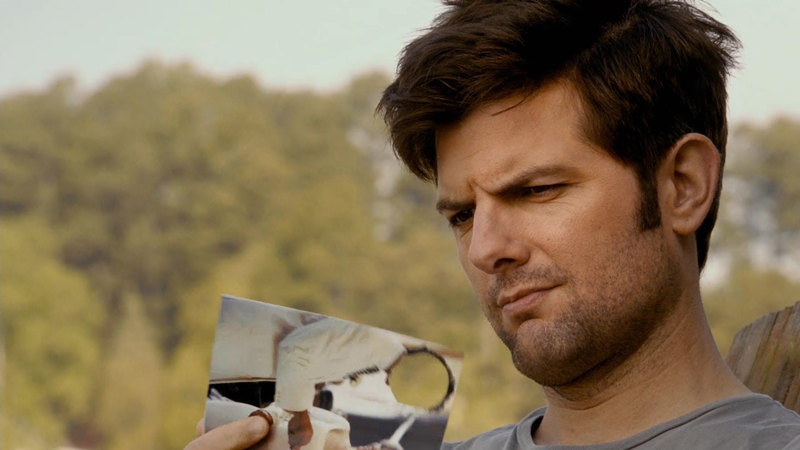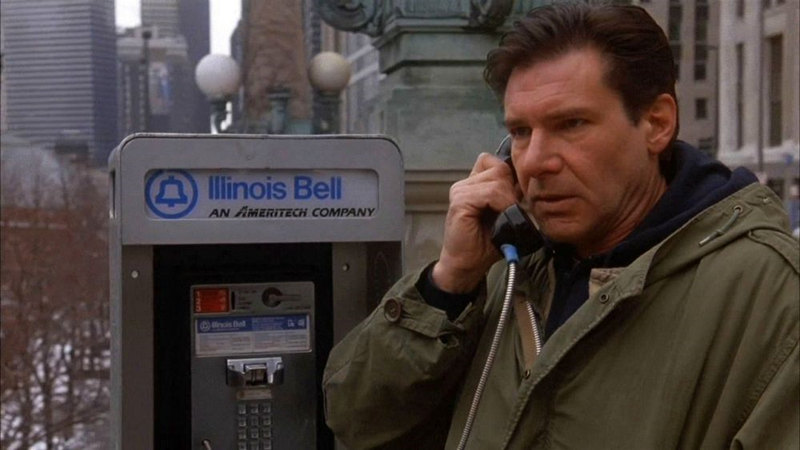“Be kind, for everyone you meet is fighting a hard battle.”
–Plato
In the documentary “Kind Hearted Woman,” director David Sutherland’s shines a light on the close-quarter battles of Robin Charbonneau, an Oglala Sioux woman on the road to recovery from sexual abuse and alcoholism (the title comes from the translation of her Sioux name). Raped as a child by family members, she fights the weight of the past to keep custody of her two children, and find a sober and secure place in the world for herself and her family.
Over the course of several years, Sutherland’s camera gives us profound access to Robin’s life, following her protracted court battle with the ex-husband who abused their daughter, her struggles to go back to college, the difficulties of trusting other people again.
Robin makes for a sympathetic subject, with a warm smile and low-key manner that belies the inner demons and external circumstances she fights on a daily basis. She is a courageous and remarkable person, and her resilience in the face of heavy adversity makes for the most compelling through-line of the film. You may grit your teeth at some of the decisions she makes in the film, but you will root for her nonetheless.
You also hear from Robin’s two children, Anthony and Darian, who are troubled but strong kids dealing with a legacy of abuse from their father. Their pain and confusion at the cruel vagaries of the adult world are vivid. There are interviews with the lawyers, government agents and social workers at the periphery of the family’s struggle, and with Darren, the Canadian man who plays an important role in the film’s second half.
But at 300-plus minutes, I liked the idea of this film, and the people in it, more than I liked the film itself. With its themes of recovery and justice, of regular folks struggling and defying the odds, it feels kind of small to complain about the filmmaking technique at hand. But that’s what I’m here for, to dive bravely into smallness where other, better writers fear they will split their chin on the concrete bottom of opinion.
In that long running time, Sutherland strives for an expansive and unhurried portrait of life from Robin’s point of view. This breathing-room approach allows for an accumulation of detail and character, but I also found my attention wandering in several stretches. There’s a fine line between patient and tedious, and the editing strategy crosses that line more often than not. More importantly, the earnest but ambling pace doesn’t always seem to do justice to the gritty complexities of Robin’s life and choices.
I liked the use of snippets of overlaid radio broadcasts from the Native American stations where Robin lives in North Dakota and Minnesota. This adds an occasional jolt of sonic energy and colorful detail. But the obvious recurring visual metaphor of trains slowly and heavily working their way forward seems, well, heavy. And slow. “Kind Hearted Woman” allows its subjects a great deal of dignity, but at a dear price for viewers.
Video:
The two-disc “Kind Hearted Woman” is presented in a 16×9 Widescreen format. Picture quality is adequate, with no noticeable technical problems. An English SDH subtitle is an option.
Audio:
The audio track is Dolby Stereo. The dialogue is very clear and well-recorded considering some of the shots used by Sutherland, and I liked the balance between speech and background. There are no setup options.
Extras:
- A short making-of featurette (labeled rather misleadingly on the disc as an interview with director/writer David Sutherland). Sutherland uses some interesting techniques for his sound and shot selection, so it’s a shame this is not longer
- Update videos about Robin, Darian and Anthony, and post-film events.
- Two unremarkable deleted scenes
Parting thoughts:
Over five hours long, the well-meaning story of recovery and redemption in the documentary “Kind Hearted Woman” makes for demanding viewing.


